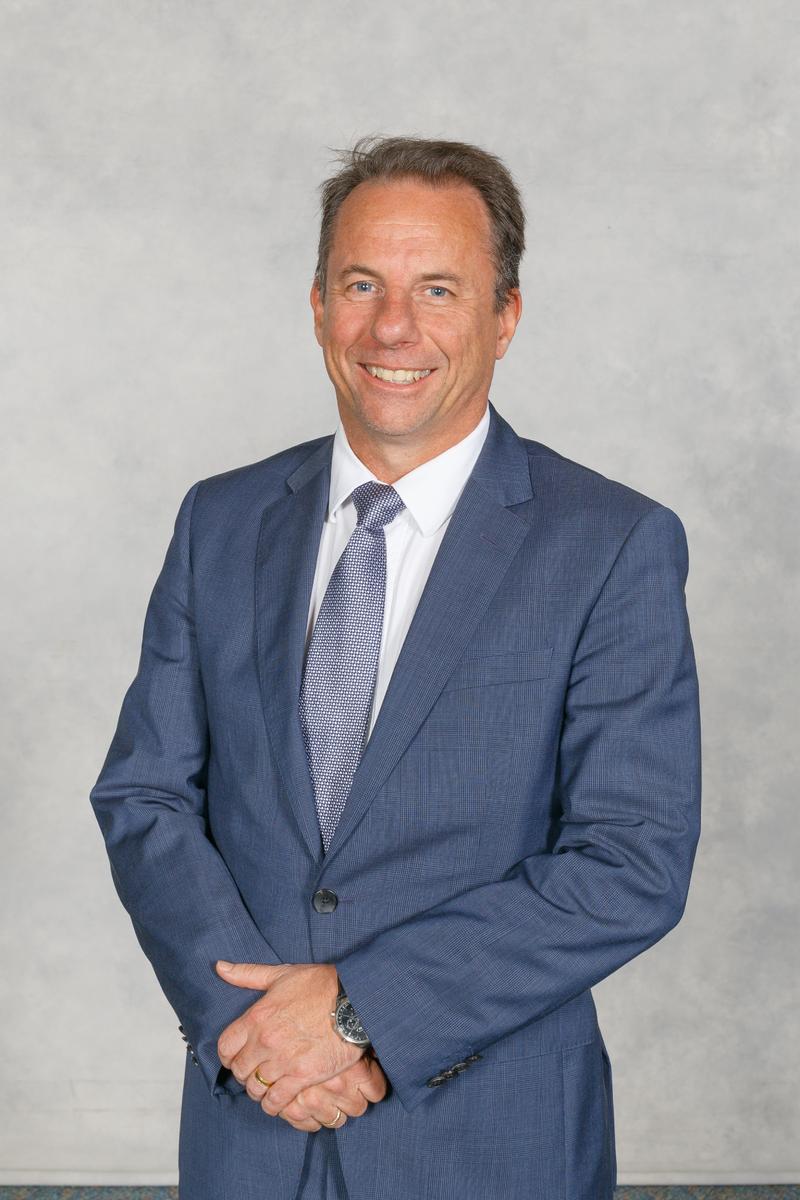From the Principal

Before our students returned to campus this term, our staff reflected on adolescent brain research cited by Prof. Michael Fullan during an educational conference I attended during the Easter holidays:
‘By ages 6 or 7, the brain is about 90% the size of the adult brain. From 11ish to the early 20’s, depending on their experiences, adolescents undergo a second growth spurt of significant development of the prefrontal cortex (myelination and new synapses that thicken the cortex), which is responsible for higher-level cognitive functions.
The cortex can be ‘stunted’ by trauma or ‘boosted’ through stimulation, or by repeated stimulation, e.g., learning to play guitar, problem solving, critical thinking etc.’
What a privilege it is to work with students in the development of their higher-level cognitive functioning through problem solving and critical thinking. The College’s own K-12 learning goal, ‘To respond to the needs of students through effective student identification, tracking of student data and differentiated learning strategies to ensure learning growth’, helps focus this work.
It is with this K-12 College intent in mind that all teachers have developed their own professional learning goals and, as a College steeped in Ignatian tradition, a significant component of realising these goals will be deep discernment accompanied by evaluative thinking. As Sarah Broscombe describes in What is Ignatian Leadership? ‘An Ignatian approach to good decision making in leadership involves more than calculating the benefits and losses entailed by different ways forward … It involves a commitment to listen carefully to the different motivations at work...’
Evaluative thinking is a cognitive process, ‘motivated by an attitude of inquisitiveness and belief in the value of evidence, that involves skills such as identifying assumptions, posing thoughtful questions, pursuing deeper understanding through reflection and perspective taking and making informed decisions in preparation for action.’ (Archibald, Sharrock, Buckley, & Cook, 2016 cited in Hattie & Smith (eds.) 2021, p.14)
Considering this, our expert teachers will be asking themselves evaluative questions as they work towards realising their professional learning goals during the year:
- Am I seeking critique and investigating potential biases?
- Am I seeking evidence that I might be wrong?
- Am I monitoring and evidencing my impact?
- Am I seeking others’ perspectives about fidelity (the degree to which an intervention was implemented as intended) and impact?
What a privilege it is to work alongside staff of the calibre we have here at our College.
Finally, we wish Year 6 students and staff well for their trip to Canberra next week and look forward to hearing all about their adventures on their return.
Daniel Mahon
Principal

